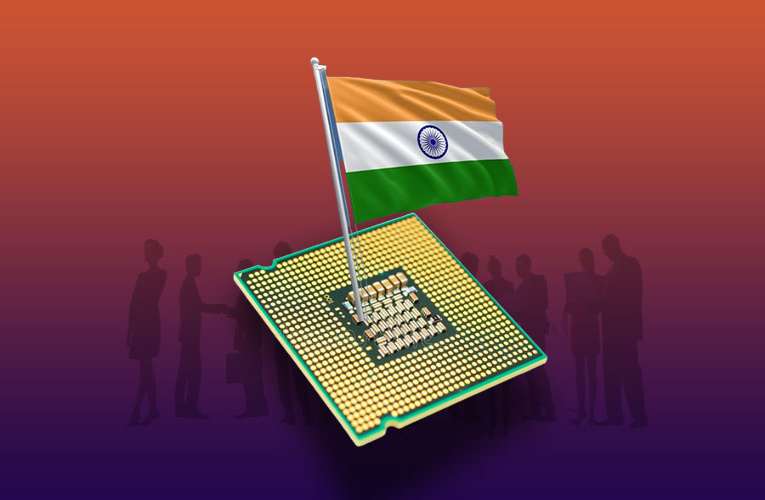
Companies will be engaged in creating skilled resources locally to meet the estimated requirement of a 10,000-13,000 talent pool by 2027
According to an anonymous government official at MeitY, India at this moment does not have proficient workforces who can handle semiconductor manufacturing units and to fulfill the requirements of the industry by 2027, there will be a requirement of 10,000-13,000 human resources.
Ministry of Electronics and IT Scientist 'E' Prashant Kumar told media during a panel discussion on Electronics Sector Skill Council foundation day that although the country has a huge volume of semiconductor design engineers, but to monitor and supervise the plants, talents will come from abroad and then slowly ample resources will be available in the country. "For semiconductor manufacturing, other than Strategic Works, SCL etc, we do not have skilled manpower readily available in India. There will be around 10,000-13,000 kinds of requirements for semiconductor manufacturing," he said, citing the task force report.
According to an exclusive report of PTI Kumar further added that manpower to handle the wafer fab (semiconductor manufacturing plant) will initially come from outside, and then the companies will be engaged in creating skilled resources locally to meet the estimated requirement of a 10,000-13,000 talent pool by 2027. Under the Chips-to-Startup programme, the government aims to create over 85,000 skilled manpower by 2027 and provide expensive state-of-the-art chip designing EDA (Electronics Design Automation) tools to 120 organizations, including colleges, startups and public institutions, to give hands-on experience to students.
Speaking of talents, in an interaction with CircuitDigest, K, Krishna Moorthy - CEO & President at India Electronics and Semiconductor Association (IESA) said that from 10th standard, an aspiring engineer now only thinks of having a software degree and wants to work in companies like Google, Microsoft and other global giants. Students coming into mainstream electronics hardware or anything related to electrical is becoming a challenge. Then, another problem is the quality of teaching on this core subject on electronics, which is not good in tier 2 and tier 3 cities.

